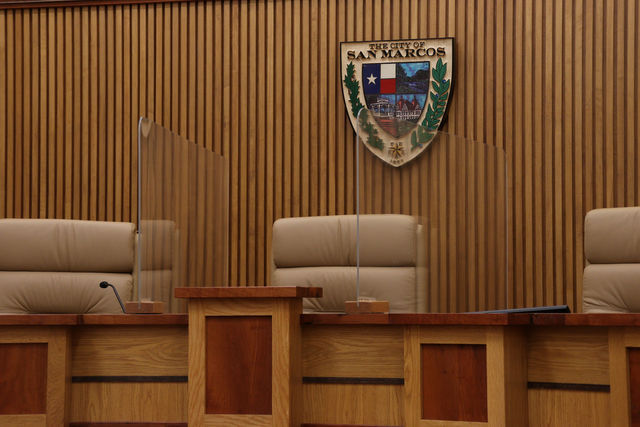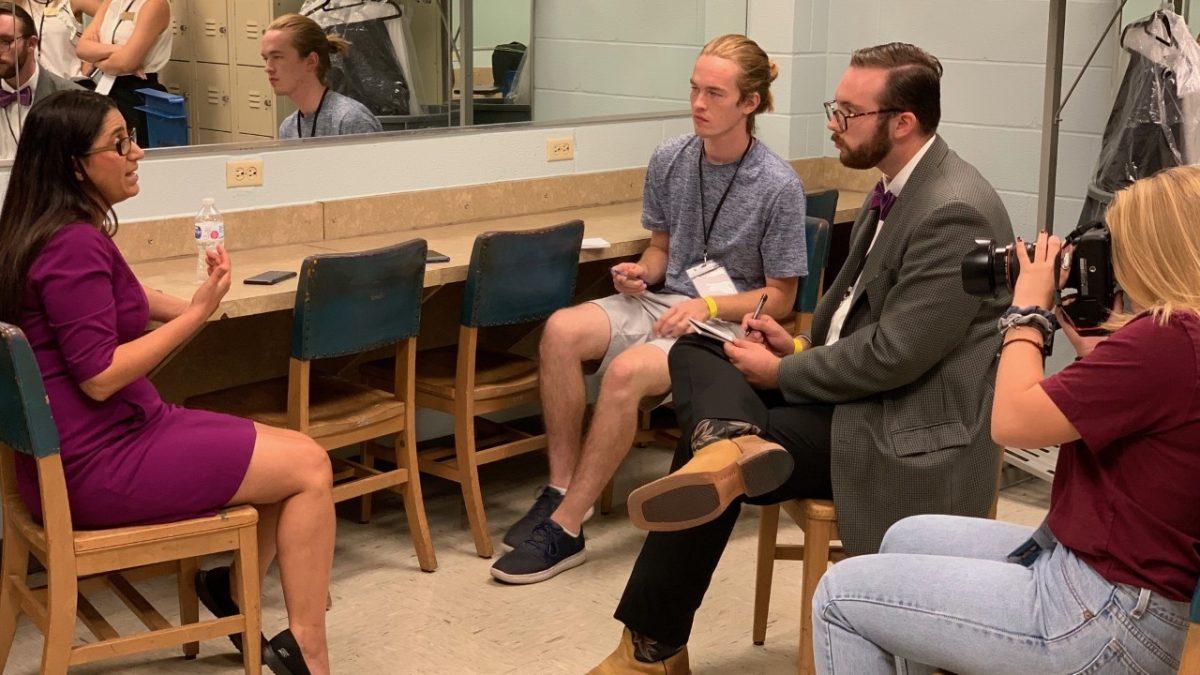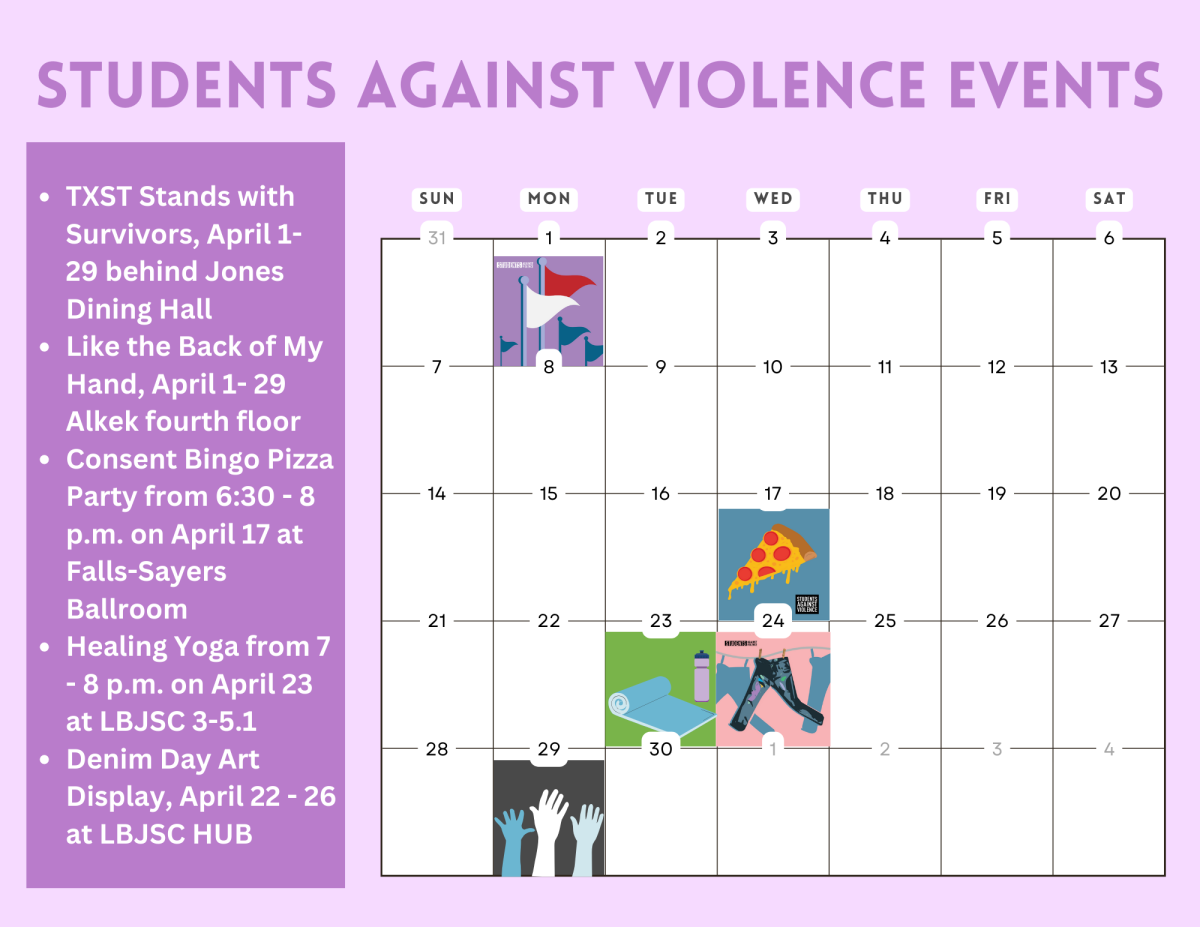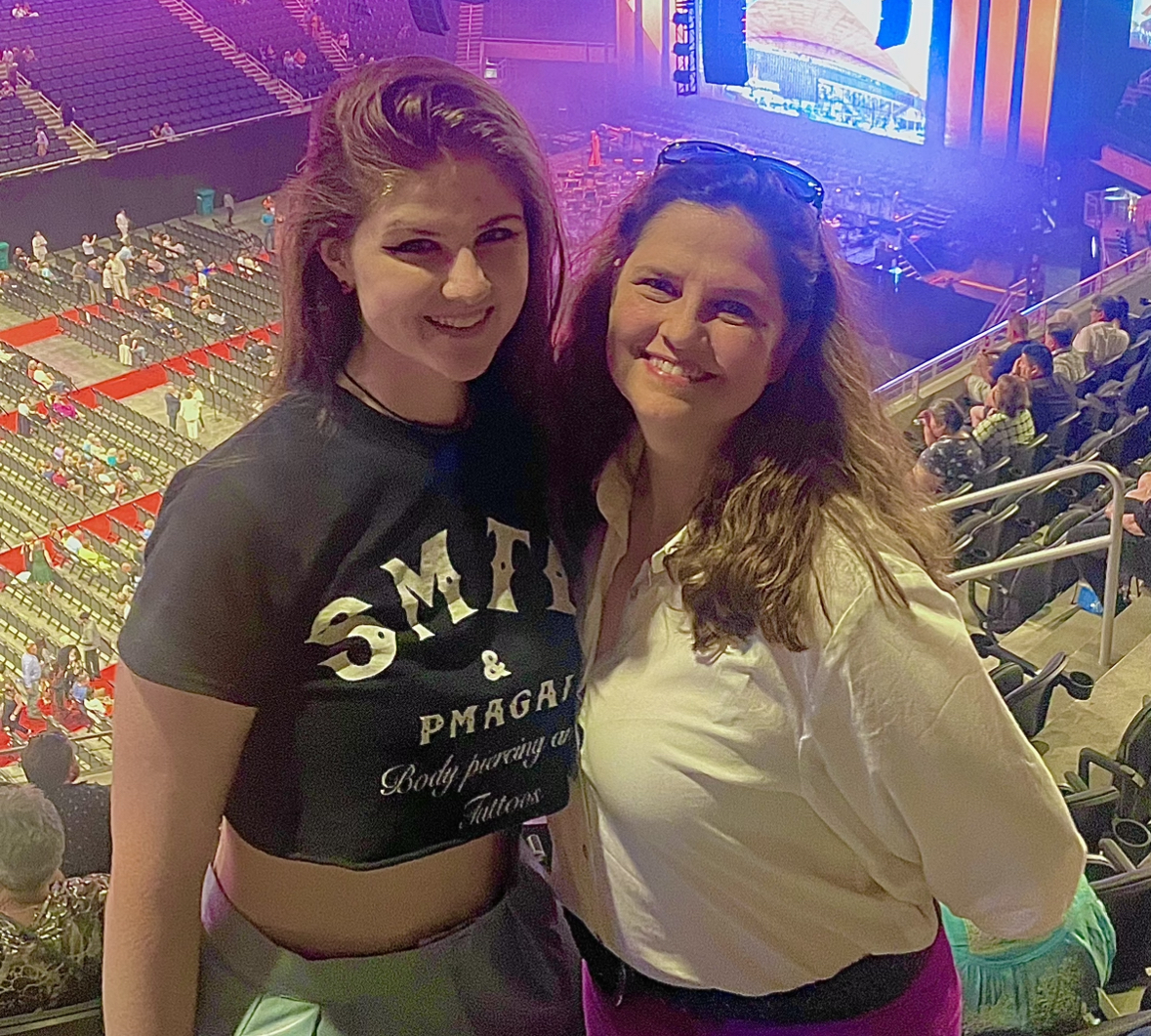Texas State hosted Dr. Mona Hanna-Attisha to speak at the Common Experience insight series lecture Wednesday, Sept. 18, to share her understanding of this year’s theme: Truth.
Hanna-Attisha is a pediatrician, professor and public health activist whose leading efforts in the Flint, Michigan, water crisis helped expose the city’s condition at a nationwide level. Hanna-Attisha appeared at a press conference September 2015 to reveal the city’s dangerous lead exposure after it switched its water source from the Detroit River to the Flint River in April 2014.
With findings not yet peer-reviewed—a process of validating research which Hanna-Attisha said can take months—she risked her career to present the truth of the crisis and demand action.
Hanna-Attisha received hefty backlash, but with the support of the community around her, Flint returned to its original water source in a matter of weeks. Flint officials are in the process of renewing the city’s water pipes. Hanna-Attisha said the community activism in Flint made a model of recovery and hope.
“It’s about who we are and who we want to be as a country,” Hanna-Attisha said in her speech. “You have to take action for what is right.”
Hanna-Attisha’s speech outlined her role in the Flint water crisis, the importance of personal and community activism and the risks that occur when a government chooses not to invest in its people.
In her speech, Hanna-Attisha said the Flint crisis is the result of a government that values money over its people and places austerity over posterity.
“Flint brings to light how we treat or do not treat our children,” Hanna-Attisha said.
Psychology freshman Kylie Moore said she admires Hanna-Attisha’s persistence in relaying the truth of the Flint crisis and having her voice heard.
“I think she’s very dedicated; it took a lot of strength for her to go above and beyond,” Moore said.
After her speech, Hanna-Attisha answered questions regarding her efforts in the Flint crisis and the work to come as a result of her accomplishments.
Hanna-Attisha said Flint is the perfect example of how a government apathetic toward its people can place its population at risk. Additionally, she said the failure as a nation to address public health concerns follows a similar mindset that led Flint into a years-long situation.
“Flint was poisoned by policy,” Hanna-Attisha said. “It was putting profits and dollars over people that created this mess.”
Hanna-Attisha said the biggest lesson to be drawn from the Flint crisis is how change takes place when people work together. There are injustices in the community and around the country that go unaddressed and it is important to find an area of interest to begin making necessary changes.
“This story shares that you have the power to make a difference,” Hana-Attisha said. “It’s our very human and civic responsibility to stand up and care for each other. That’s what being human is all about.”
Continuing her work, Hanna-Attisha helped launch the Pediatric Public Health initiative January 2016, which is a model health program working hand-in-hand with the people of Flint. It operates in multiple disciplines involving physicians, social workers, psychologists and other professionals to promote the development of children.
Hana-Attisha’s book, “What the Eyes Don’t See,” is featured on Oprah Winfrey’s summer reading list and is the selected book in Michigan, Maryland and Rhode Island. The book explores the story of the Flint water crisis and the city’s efforts to create change. “What the Eyes Don’t See” is the 2019-2020 Common Reading selection for Texas State, which was given to every incoming freshman.
Attending a Common Experience event is required for all freshmen enrolled in the U.S. seminar course. Moore said the program is helpful for easing freshman students into the transition of college life.
“I think (Common Experience) is important because it gives us all a connection to each other,” Moore said.
Common Experience began on the Texas State campus in 2004. The 2018-2019 Common Experience held 239 events in total and has hosted an average of 194 events in the past four academic years.
Director of Common Experience Twister Marquiss said the purpose of the program is to give students from different backgrounds something to share in common. He said Common Experience tries to host as many events as possible so students can find a topic that interests them.
“What we want (Common Experience) to do is provide students with an opportunity where they can go see something in hopes it might facilitate something for them,” Marquiss said. “We want you to be able to learn something and then do something with it.”
Grammy, Emmy and Oscar-winning artist, actor, author and activist Common is scheduled to speak Oct. 15 at Strahan Arena for the LBJ distinguished lecture series. Admission is free and open to the public. Advance tickets are required.
To learn more about Common Experience and to find an appealing event, visit txstate.edu/commonexperience.















